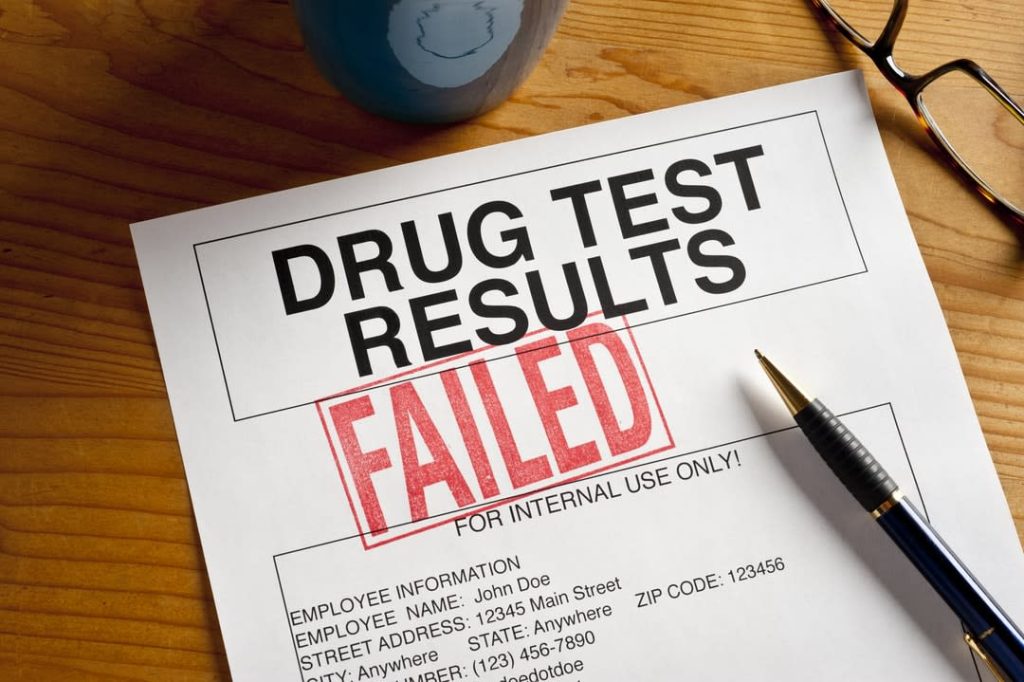
Contents
Ethical Issues Associated with Drug Testing
Drug testing is a practice that has become increasingly common in workplaces, schools, sports organizations, and even as a condition for receiving certain social services. While proponents argue that drug testing can promote safety, productivity, and public health, the process is fraught with ethical challenges. These challenges revolve around issues of privacy, autonomy, fairness, accuracy, and the potential for discrimination and harm. In this article, we will explore the major ethical issues associated with drug testing, drawing on real-world examples and ethical frameworks to provide a comprehensive understanding of the topic.
1. Privacy and Bodily Autonomy
Perhaps the most prominent ethical issue associated with drug testing is the invasion of individual privacy. Drug tests often require the collection of biological samples such as urine, blood, saliva, or hair. The process of providing these samples can be deeply personal and, in some cases, humiliating. For example, supervised urine collection can feel degrading and intrusive, particularly when observed by another person to prevent tampering.
Beyond the act of sample collection, drug testing reveals information about an individual’s private life. It may expose not only illegal drug use but also prescription medication, medical conditions, or even pregnancy. This level of scrutiny raises serious questions about the right to privacy and bodily autonomy. The ethical principle of respect for persons dictates that individuals have a right to control information about their bodies and health, and drug testing can undermine this right.
2. Informed Consent and Voluntariness
Another critical ethical concern is the issue of informed consent. Ethically, individuals should have the right to make informed decisions about whether to undergo drug testing. This means they must be fully aware of the purpose of the test, the procedures involved, the substances being tested for, and the potential consequences of a positive or negative result.
In many settings, however, consent is not truly voluntary. For instance, employees may feel compelled to agree to drug testing to keep their jobs, and students may face testing as a condition for participating in extracurricular activities. This creates a coercive environment where individuals may feel they have no real choice, undermining the ethical principle of autonomy.
3. Confidentiality and Data Protection
The results of drug tests are sensitive medical information. Ethically, organizations that conduct drug testing have a responsibility to keep this information confidential. Breaches of confidentiality can have serious consequences, including social stigma, discrimination, and damage to an individual’s reputation and career.
There are also concerns about how drug test results are stored and who has access to them. For example, if results are shared with third parties without the individual’s consent, this constitutes a violation of privacy. Organizations must have clear policies and robust safeguards in place to ensure that drug test data is protected and only shared with those who have a legitimate need to know.
4. Fairness, Non-Discrimination, and Equality
Drug testing policies must be applied fairly and consistently to avoid discrimination. Selective testing based on race, gender, ethnicity, or other personal characteristics is both unethical and illegal. There is a risk that drug testing can be used as a tool for targeting certain groups, reinforcing existing biases and inequalities.
Moreover, certain substances may be more commonly used in particular communities due to cultural, economic, or social factors. Blanket drug testing policies can disproportionately impact these groups, leading to unfair outcomes. Ethical practice requires that drug testing is justified by legitimate concerns (such as safety-sensitive positions) and is not used as a means of discrimination or social control.
5. Accuracy, Reliability, and Due Process
No drug testing method is infallible. False positives (when a test incorrectly indicates drug use) and false negatives (when a test fails to detect actual drug use) can and do occur. Factors such as cross-reactivity with legal medications, laboratory errors, or improper sample handling can all affect test results.
The consequences of inaccurate results can be severe, including loss of employment, expulsion from school, or denial of benefits. Ethically, organizations have a duty to ensure that testing methods are scientifically valid and reliable. Individuals should have the right to challenge test results, request confirmatory testing, and receive due process before any adverse action is taken based on a drug test.
6. Proportionality and Justification
The ethical principle of proportionality requires that drug testing should only be used when the benefits outweigh the risks and harms. In high-risk environments—such as aviation, transportation, or heavy machinery operation—drug testing may be justified on the grounds of public safety. However, random or blanket testing in low-risk settings may be seen as excessive and unjustified.
Organizations should carefully consider whether drug testing is necessary, or if less intrusive alternatives (such as performance evaluations or wellness programs) could achieve the same goals. The use of drug testing should always be proportional to the actual risks involved.
7. Support versus Punishment
How organizations respond to positive drug tests is a key ethical issue. A punitive approach—such as immediate termination or expulsion—may not address the underlying causes of drug use and can exacerbate social and economic problems. An ethical approach emphasizes support, rehabilitation, and harm reduction.
For example, employees who test positive could be offered access to counseling, treatment programs, or employee assistance services. This approach recognizes substance use as a health issue rather than solely a disciplinary problem and aligns with broader public health goals.
8. Impact on Trust and Organizational Culture
The implementation of drug testing policies can have a profound impact on trust within organizations. If employees or students feel that drug testing is primarily about surveillance or punishment, it can erode morale, foster resentment, and damage relationships. On the other hand, transparent communication, clear policies, and a focus on safety and well-being can help maintain trust and cooperation.
Ethical drug testing policies require ongoing dialogue between stakeholders, including employees, students, unions, and advocacy groups. Involving affected individuals in the development and review of policies can help ensure that ethical concerns are addressed and that the process is seen as legitimate.
Conclusion
Drug testing raises a complex array of ethical issues that touch on privacy, autonomy, fairness, accuracy, and the balance between support and punishment. While drug testing can play a role in promoting safety and public health, it must be implemented with careful attention to ethical principles and human rights. Organizations should strive for transparency, respect for individual dignity, and a commitment to fairness and support.


